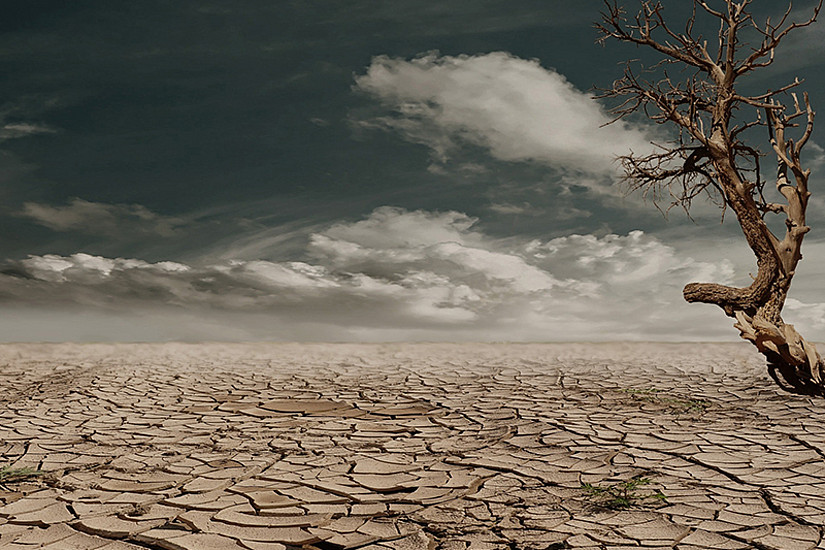Every seven years, the Intergovernmental Panel on Climate Change publishes a World Climate Report. The Wegener Center invites you to a lecture on the physical science basis of climate change and the current state of climate research:
On Thursday, September 16, 11:00 a.m., Douglas Maraun will present the contents of the report published in August, followed by an opportunity for discussion. As one of only two researchers from Austria on the core team, he worked as a lead author on the chapter on regional climate change, particularly on the question of how well current climate models are suited for regional climate predictions.
Link to participate: https://unimeet.uni-graz.at/b/rog-rs6-bas-lq3
Climate change is already affecting every region of the globe, and these changes will increase with further warming. That's according to the first volume of the Sixth Assessment Report, which was released to the public in August by the Intergovernmental Panel on Climate Change (IPCC). "Human influence on climate is undeniable, making extreme events like heat waves, heavy rains and droughts more frequent and severe. This is quite clear from the report," explains Douglas Maraun of the Wegener Center at the University of Graz.
In recent decades, Europe has seen an increase or intensification of heat waves, droughts and, especially in the Alpine region, heavy precipitation. "Many of the recent extreme events are in line with what we expect," Maraun said. Strong, rapid and sustainable reductions in greenhouse gas emissions are needed to limit climate change and its consequences. In particular, the goal of keeping warming below 1.5 degrees Celsius – also known as the Paris climate agreements – cannot be achieved without an speedy, rapid and comprehensive reduction in emissions. More on this and more at the presentation on Sept. 16 at 11:00 a.m.
Contact: Veronika Rogenhofer, BA
Wegener Center for Climate and Global Change at the University of Graz
T: 0316/380-8416
E: veronika.rogenhofer(at)uni-graz.at
